“First of all – we are not in merger discussions with anyone.” That was the opening remark from Conor Ryan, chief executive of Arrabawn, when we sat down in the co-op’s Nenagh boardroom on Tuesday.
When pressed on whether there had been contact regarding a possible merger from Dairygold or any other neighbouring processor, he would only say: “I won’t confirm or deny an approach – if we do anything it will be done confidentially. It has to be.”
He confirmed that a sub-committee of three from the board of 22 is charged with examining various proposals that arise from time to time. A consultant is looking at the co-op’s five-year strategy, but he denied that this involved a valuation exercise. He issued a “come talk to us” message to his neighbouring processors to look at collaborations that could deliver synergies. There had been some discussions with Aurivo in 2013, he said, but these “were not merger talks”.
Main message
Ryan’s main message was that Arrabawn co-op is now in “a better place” and capable of staying there. They were ranked third in the Irish Farmers Journal June milk league – a far better placing than they generally achieve. “We will pay a competitive milk price for the rest of the year,” he stated.
He acknowledged that Arrabawn has been in the “bottom quartile” on milk price for “too long”.
He said this higher milk price is not eating into reserves. “We’re paying the milk price because our business is performing better. Our profit and turnover for the first six months are ahead of last year.”
Conor Ryan said he “fully appreciated” supplier frustration with the co-op’s milk price, but his main message was that major investment in the plant and product mix over the past three years was now paying dividends.
“We were energy inefficient and had too much milk going into basic skim milk powder,” he said. The co-op has invested in the plant and has been building a customer base in milk proteins.
At this stage, there is “greater flexibility” and a “better balance” to the co-op’s product mix, with “far less dependence” on basic powders.
The co-op will also be boosted in 2015 by the arrival of natural gas. Nenagh is the only major dairy plant still running on oil – gas should cut milk processing costs by 1c/litre.
Suppliers
Industry sources maintain that between 30 and 50 of Arrabawn’s 950 suppliers have contacted neighbouring processors to discuss possible transfers from 1 April.
Ryan said he did not know how many farmers were in that position, but repeated that no one has given three months’ notice as yet. “There is no co-op in the country that does not have some suppliers looking at their options,” he said.
“If we lost 40 suppliers, we still have a significant milk pool. Of course we don’t want to lose any supplier – we want to pay a better milk price than we have in the past.”
Ryan disagreed with the suggestion in last week’s Irish Farmers Journal that the requirement to “share-up” was a major source of discontent among suppliers. “There has been no complaint about it in the past year. One supplier raised it in the context of major expansion and we said that it is not written in stone – it could be changed by a board decision.”





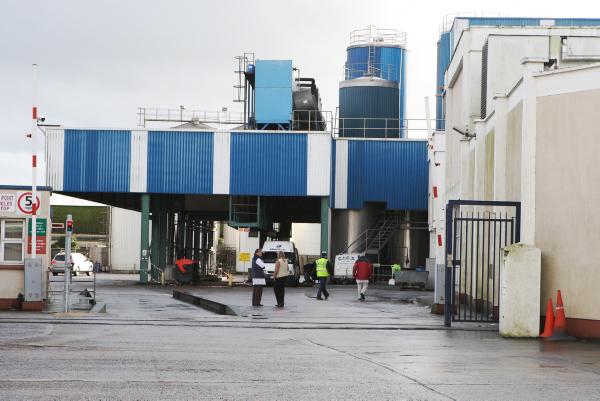
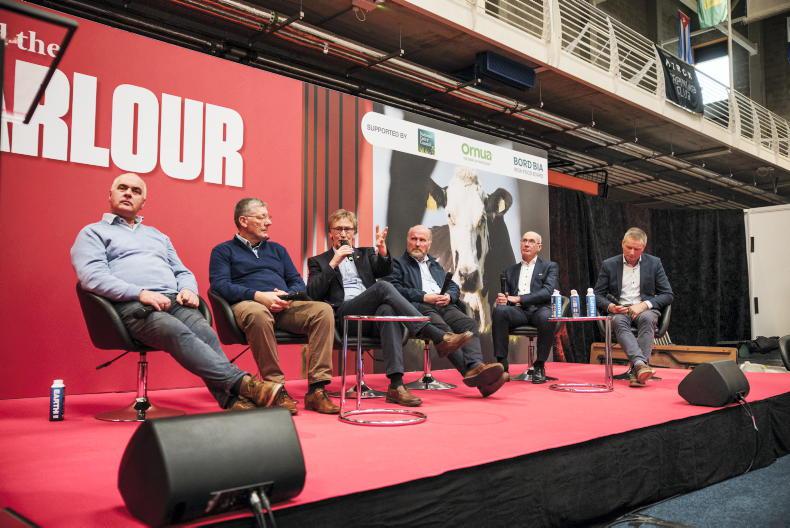

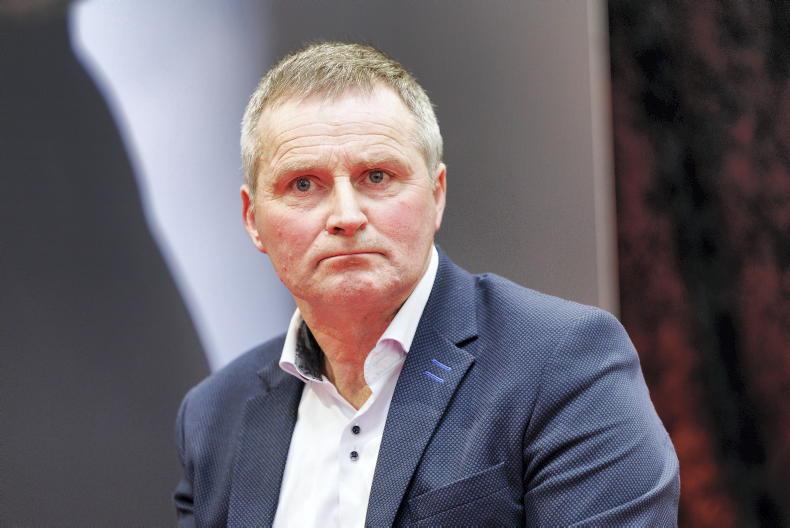
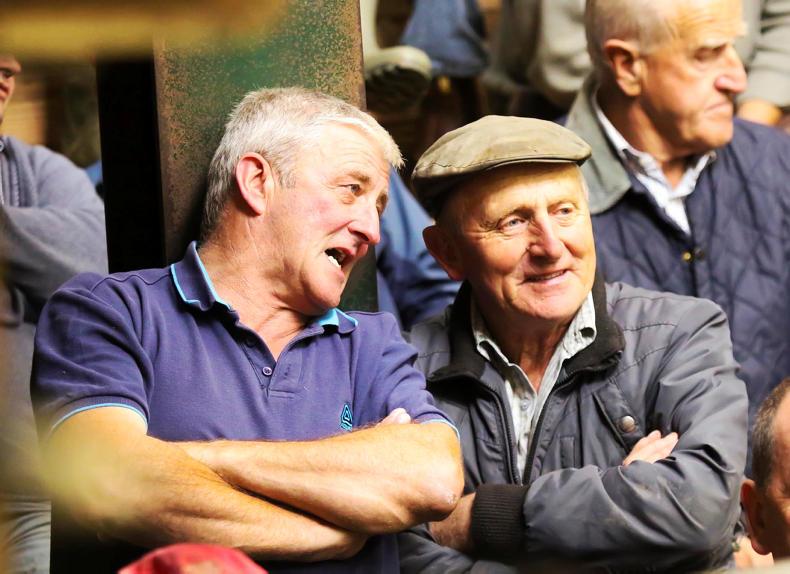
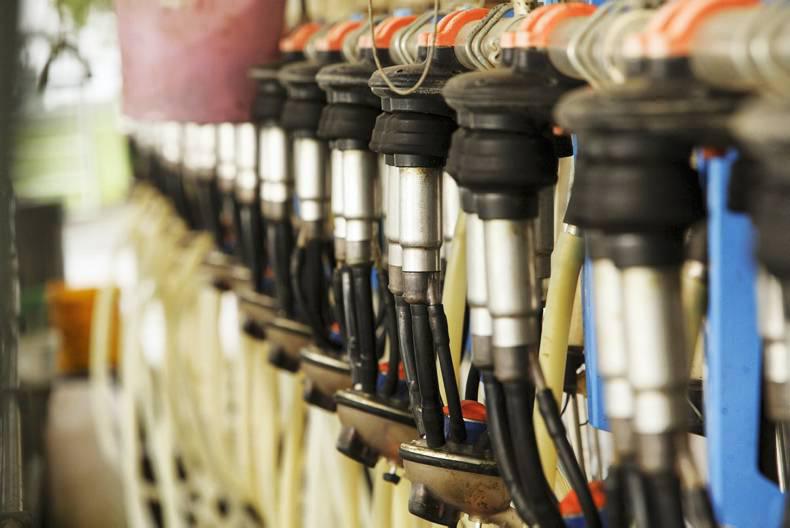
SHARING OPTIONS